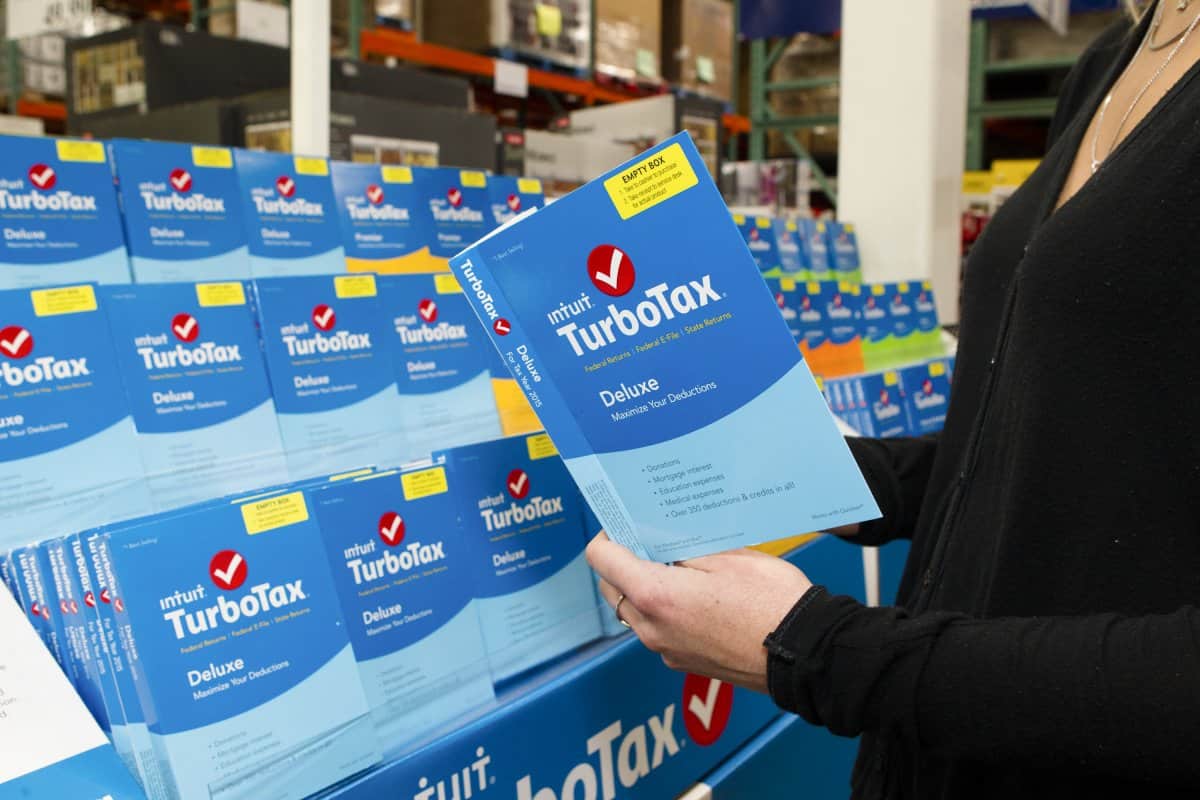TurboTax: A Tale of Deceptive Advertising and Corporate Defiance
January 23, 2024 - Reading time: 6 minutes

TurboTax, a household name in tax preparation software, finds itself mired in controversy. Owned by Intuit, a company embroiled in increased lobbying amidst scrutiny, TurboTax has recently been banned by the U.S. Federal Trade Commission (FTC) from advertising its services as "free" unless they genuinely are. This ruling comes after a history of alleged deceptive practices, marking a significant turn in the narrative of a company once synonymous with convenient tax solutions.
The FTC's Crackdown
The Federal Trade Commission's (FTC) decisive action against TurboTax represents a significant moment in consumer rights advocacy. By unequivocally stating that TurboTax cannot advertise any service as free unless it genuinely is, the FTC is responding to a longstanding issue: deceptive advertising that misled a substantial portion of the taxpayer base. For years, TurboTax's marketing suggested that a vast majority of users could file their taxes at no cost, a claim that turned out to be misleading for about two-thirds of the taxpayers.
This ruling is not an isolated event but follows a series of controversies surrounding TurboTax. In 2022, Intuit, TurboTax's parent company, agreed to a $141 million settlement. This was to resolve allegations that the company deceptively steered low-income customers towards paid products, even when they were eligible for free tax filing services. This practice not only misled consumers but also placed an undue financial burden on those least able to afford it, exacerbating economic inequalities.
The Intuit Response
Intuit's stance is combative. They plan to appeal the "deeply flawed decision," criticizing the FTC's process as biased. Yet, their history of misleading advertising, as reported by ProPublica in 2019, and the recent settlement, paints a different picture. This defensive posture raises questions about corporate accountability and transparency in the face of regulatory scrutiny.
For TurboTax, complying with this order means significant changes in how it markets its services. The company must now ensure that any claim of "free" services is indeed accurate and applicable to all customers or clearly disclose the eligibility criteria. This ruling also opens up a broader conversation about corporate responsibility in advertising. It challenges companies to consider the ethical implications of their marketing strategies and the potential impact on consumer trust and brand reputation.
Market Position and Competition
TurboTax, a product of Intuit, has long enjoyed a commanding position in the tax management software industry. Its user-friendly interface and robust features have made it a go-to solution for millions seeking to simplify their tax filing process. Despite its recent regulatory challenges and the FTC's crackdown on its advertising practices, TurboTax retains a significant market share. Approximately 37% of taxpayers are eligible for its free services, a key competitive advantage if communicated transparently.
However, the recent ruling necessitating clear disclosure about the eligibility for free services may impact TurboTax's appeal. Consumers, now more aware of the limitations of these "free" offerings, might reconsider their options, leading to a potential shift in market dynamics.
The Competitive Landscape
In this altered landscape, TurboTax's competitors are poised to make inroads. Notable players include:
-
NetSuite: A comprehensive business management suite that includes tax management. NetSuite caters to a broader range of business needs, which could appeal to customers looking for an all-encompassing platform.
-
Xero: Known for its strong accounting features and cloud-based approach, Xero offers a compelling alternative for those seeking an integrated accounting and tax solution.
-
QuickBooks Online: Also owned by Intuit, QuickBooks Online is a direct competitor in certain aspects. Its strong presence in the small business accounting software market makes it a natural alternative for tax management as well.
These competitors, each with their unique value propositions, stand to gain from TurboTax's reputational damage. They offer diverse features that may appeal to different segments of TurboTax’s customer base, especially those disillusioned by the recent controversy.
Opportunity for Competitors
The current scenario presents a strategic opportunity for these competitors. They can capitalize on TurboTax's situation by highlighting their own ethical advertising practices, transparent pricing, and potentially more inclusive free service offerings. Marketing campaigns focused on these aspects could attract customers seeking more straightforward and trustworthy tax filing options.
Moreover, competitors might also focus on innovation and customer service enhancements to differentiate themselves further from TurboTax. By offering superior customer experiences, intuitive interfaces, and additional features like financial planning and real-time tax saving tips, they can position themselves as not just alternatives, but as superior choices.
The tax software market, traditionally driven by convenience and brand loyalty, might witness a shift as consumers become more aware and critical of marketing claims. This awareness could lead to a more competitive and dynamic market, where customer trust and transparent communication become key differentiators.
A Fintech Leader Under the Microscope
The impact of this ruling extends beyond TurboTax and Intuit. It sets a precedent for how companies, especially in the digital and tech sectors, must approach advertising. The emphasis is on honesty, transparency, and the ethical responsibility of businesses to not exploit consumer trust. Companies are now on notice that the FTC is actively scrutinizing advertising practices, especially those that can mislead vulnerable or uninformed consumers.
The FTC's ruling against TurboTax is more than a regulatory slap on the wrist; it's a cautionary tale about the consequences of deceptive advertising in the digital age. As Intuit navigates this tumultuous period, its actions will be closely watched by consumers, competitors, and regulators alike. The saga of TurboTax serves as a reminder that transparency and honesty in advertising are not just legal requirements but are essential to maintaining consumer trust and corporate integrity in an increasingly skeptical world.

DW Staff
David Lintott is the Editor-in-Chief, leading our team of talented freelance journalists. He specializes in covering culture, sport, and society. Originally from the decaying seaside town of Eastbourne, he attributes his insightful world-weariness to his roots in this unique setting.



